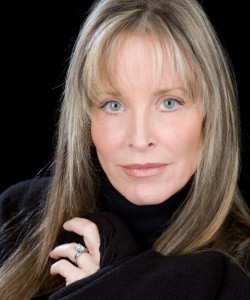 When Tracey hit midlife, she did something about her longtime regret—never having gone to college—but she didn’t stop there. She went on to get her Master’s and is now living her joy, helping individuals, couples, and families improve their relationships.
When Tracey hit midlife, she did something about her longtime regret—never having gone to college—but she didn’t stop there. She went on to get her Master’s and is now living her joy, helping individuals, couples, and families improve their relationships.
Tell us a little about your background…
I have lived in the LA area for half my life. Originally, I am from the East coast, The Washington Metropolitan area. My early childhood dreams included becoming a successful singer and actress. No one in my family quite understood my dreams, although they admitted that I was talented; my mother always told me to “use my brain” as I had a pretty good one of those. Unfortunately, due to a traumatic event at 14 that changed my life, and a subsequent family divorce when I was 15, I became a “rebel without a cause.”
Between administrative assistant jobs with a prestigious law firm and the largest D.C. accounting firm, attending bartending school, and moving to LA for love, I was a “Jack of All Trades and a Master of None.” I married a love of mine who was in the music business and, after three years, realized being left alone while he was on tour was not working. While he was gone, I bought a horse (to have a hobby), attended a well-known acting school, got an agent, and was cast in seven roles my first year. Then my agent was accused of embezzling money and fled to Canada.
After an unscrupulous entertainment person playing with my dreams—I cut a demo in Nashville singing country music—promised me fame and fortune and then lied about it, I went behind the camera into post production as an administrative assistant. It was there that I met my current husband, Robb; we’ve been married 17 years. He had two little boys from a prior marriage and an ex-wife, who I can only describe as someone who needed help.
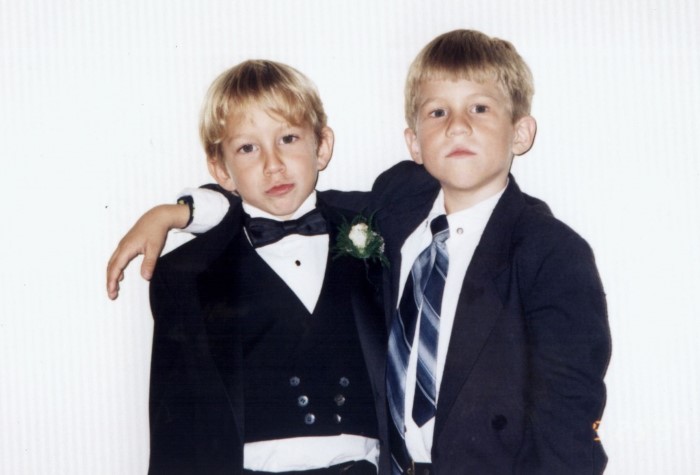
My stepsons, 1997
When did you start to think about making a professional change?
My “aha” moment came at 41, during a belated honeymoon, three and a half years after Robb and I were married. I was between jobs again, trying to figure out my next move. My husband and I were on a beach in Greece and we were talking about my greatest regret, which was that I had never gone to college, formally. Robb has a Masters in Music; his father was a schoolteacher with a Masters in Mathematics; my younger sister has a Masters in Human Development. My husband proposed a deal, ”I will put you through school; you don’t have to work, just take care of my boys.” Well, he didn’t have to ask me twice!
What is your next act?
I am a Licensed Marriage and Family Therapist (LMFT) and work with families and individuals; I started my private practice in 2013. I chose this path because of my own healing experience in treatment with an LMFT. We specialize in the “enhancement of interpersonal relationships.” Having felt like an alien all my life—never feeling like I fit in, always feeling different—figuring out how to walk on our planet in a healthy way and having healthy relationships both within myself and with others was such blessing, I decided that was what I wanted to be and to do for others. I love that I get to help people have better relationships with themselves and others in their lives.
Sometimes, on this journey, it takes a while to figure out your specialties. During my internship, I worked with a lot of teens and decided that one of my specialties would be working with teens at the brink of empowerment (around 15 years old) and older, along with their parents, to help both in redesigning their relationship to reflect the teen’s growth into young adulthood and the parents’ allowing this growth.
My other specialty is couple’s therapy. I have worked with some great couples who simply lost their way back to each other and needed some new skills to create a healthier relationship. I have studied with Terry Real and his Relational Life Institute, which teaches couples therapeutic skills, as well as, parent/child relational skills.
Why did you choose this next act? How did you get started?
Going back to school at age 41 was “the best.” I got the chance to have a do over! At one time, before my early traumas, I was an honor society student. I got to go back to the place where, to date, I had been my most successful.
I chose to major in psychology because of my successful experiences as a therapy client. My experience in therapy had been a positive one and I felt I had met the professional person who could assist me in accomplishing my growth.
When I told my therapist I was going back to school to study psychology, she exclaimed, “It’s about time!” I had never seen her so animated in a session. She explained that I was the most organically grown, natural therapist she had ever seen and she was so happy for me. My family was thrilled, especially my mom—remember the “brain” comment? There was no other choice for me that made sense.
My ultimate goal was to become a therapist myself. It seemed like the obvious choice because I loved psychology. I had been “pulling people’s covers” for years (seeing the truth about them even when they weren’t able to see it) and I had an innate ability to assist others when they came to me with a problem—I had lots of practice when I was a bartender! I decided to take the shortest possible route by attending community college first to get my feet wet then transferring to Cal State Northridge where the psychology department was really well known (my therapist taught there, although I never took a class from her) and then onto my Master’s program.
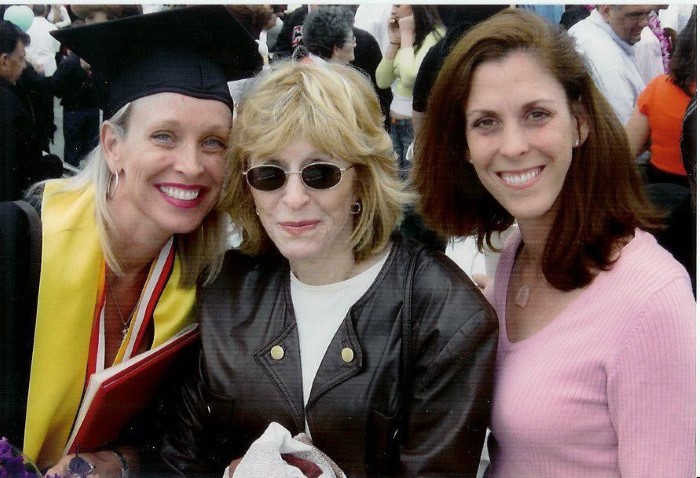
Graduation, with my mom and sister
What challenges did you encounter?
I really encountered no challenges in the schoolwork. I graduated from each program with honors and enjoyed school very much; after all, I was in my element! Once in awhile, I would come across a teacher who was irksome and my old negative coping skills would flare up. My therapist would tell me, “put your head down, jump through the hoop, you need these credits, you need the piece of paper to practice, now go get the piece of paper.” I trusted her and the process. It worked!
Most of my challenges were personal, having to do with being an “overachiever.” While I excelled at the academic part of my reinvention, my personal and home life was challenging because I just wouldn’t give myself a break. I had to be all things to everyone and I expected my family members to live up to my expectations. When they didn’t, I would become angry with them. I call this the time of life when I became my meanest self. I was just entering my junior year when, one night, I became so angry with my step kids (they were 10 and 12) that I blurted out the nastiest of things. I was so ashamed of myself. I apologized a few hours later, but that was my wake up call. Something had to change in me.
I went to my best resource, my therapist, and requested that we figure out how I could become a kinder, gentler human being to my loved ones. We figured out that I had inherited from my mother feeling “less than” and insecure if I wasn’t doing everything for everyone all the time. I remember my mom yelling at my dad and me when I was growing up whenever she felt overwhelmed by her own insecurities about being enough for us.
Once I figured that out, I let myself off the hook, so to speak. I quit trying to be all things to everyone all the time and hey, guess what? Everyone was fine; everyone survived. For example, if I had to study for a test, I would tell my husband and the boys that I just couldn’t make dinner that night. They were just fine with it. My husband would figure something out for dinner and everyone pitched in to help me. That was 2003 and, to this day, I don’t try to be all, for everyone. My life is much better for it.

My office
Were there times when you thought about giving up?
After I finished my Bachelor’s degree, it became clear to me that there were certain legal and ethical lines I was going to need to “color” within if I was going to become a Licensed Marriage and Family Therapist. I was never one to color within the lines; I always had thought “outside the box” and, historically, I had gotten into a lot of trouble with people in my life for doing so. I realized that once I got my license, there would be legal ramifications if I screwed up, even in the name of helping others by being a bit unorthodox. So, I took a year off!
To explain, when one holds a license in any profession (i.e., attorney, real estate, physician, etc.), there are legal and ethical guidelines one must adhere to and those guidelines seemed very scary and daunting at the time. I had spent many years being a “rebel without a cause,” flipping off the establishment, finding ways around the rules, and thinking that I was so smart in doing so. What I realized as I got older was that the only person I was outsmarting was me! Yes, I had learned a lot through some of my antics, had lived and experienced a lot along the way. But would my experiences serve me now or hinder me? And could I step up and live within the LMFT rules and regulations, both legally and ethically?
One of the greatest pet peeves of my life, and huge cinder block on my shoulder, was that if I had such an amazing brain—I’d been told this all my life and even my husband says I am the smartest person he knows—then why, oh why, could I never make my goal of $50K a year, ever in my life? I found out that my Bachelor’s did not allow me to make any more money than I had before during that year off, when I went and got a job. I was thrown into the business’ busiest time of year and still did well. I was supposed to have a 90-day review with a raise and, when that time came, my immediate supervisor (one of the three owners) tried to renege on the original agreement about the 90-day raise by dissing my work. What did I do? I stepped out of the office for a moment, called my husband, told him the situation, to which he replied, “Quit and finish what you started. Go back to school and get your Master’s.”
My therapist, who was now retired and had become my mentor, also encouraged me to get my Master’s. She said that because I worried about the legal and ethical parameters of the profession, this also meant that I was conscientious; she told me I was one of the most ethical people she had ever known and had faith that I would never cross those lines.
My husband and former therapist’s support helped me feel strong and able to continue with my journey. I started graduate school at the age of 46. I love that my school specializes in creating working professionals right out of the gate. We ranged in age so I never felt out of place and we were taught by working professionals. I graduated with my Master’s degree from Phillips Graduate Institute, completed my 3,000-hour internship at a non- profit agency and in private practice, passed both state licensing exams, and became licensed in 2012, eleven years after I’d gone back to school!

With Robb, my everything
What advice do you have for women seeking to reinvent themselves in midlife?
Make sure you have a good support team. Make sure to ask for help, take off your “overachiever” hat during your reinvention, as you’re gonna need to be gentle with yourself and your loved ones.
Remember, “better done, than perfect.” Sometimes, when reinventing oneself, one might behave in ways not becoming of the adult one knows oneself to be, so if you don’t recognize yourself, figure out how to find yourself again. I was an overachiever with a big “S” for “Superwoman” on my chest. This put a lot of pressure on me and spilled over onto my loved ones. One day, my therapist introduced the concept of “letting go” of being the overachiever, taking the “S” off my chest. She warned me that I might be punished by the very people who were depending on me, but reassured me that they would adapt—and I might become a kinder, gentler human being from letting myself “off the hook.” I took her advice and it worked! I still achieve a lot, but my family survives without me being Superwoman and I am a much nicer me!
Have many self-care options, including being a little selfish when needed. Some of my own self care choices include: my hobby, which is my horse, taking a long bath with lavender Epsom salts, hugging my dog, giving myself permission to take a day to do nothing, and cooking a gourmet meal for my husband and myself.
Operate under the radar; you will learn a lot about yourself and about others. I was one of those people who always saw “more than the average bear” and it got me into trouble. One of the reasons why I chose psychology over another career choice was because I was able to use my natural gifts to help others. If you have ever been one of those people who stuck out in a crowd, saw “more than the average bear” or “threw people for a loop” when they met you, my advice is to practice staying under the radar. There is great power in learning how to blend in, using “less is more” words when you speak, and observing your behavior and others’, instead of being in the middle of everything.
Interview people in the fields you are interested in and don’t be afraid to ask really important questions, i.e., are you happy in your profession, how long did it take to become successful, what kind of $$ could one expect in your profession?
Breathe!

My horse, Handsome
What words of advice do you have for those interested in pursuing your path?
Realize that in 11 years, you will still be 11 years older; you might as well have some degrees and a license to show for all that aging! There is no shelf life in my profession, in fact, the older you are, the wiser you’ll seem (as long as you stay hip). Don’t worry about reaching the goal; you’ll get there, enjoy the journey!
Draw really strong boundary lines with your friends; otherwise, you’ll be doing therapy 24/7. Learning healthy co-dependence is an important lesson, both for therapists and all human beings. We are born into a society that, from birth, grooms us to behave and conform (co-dependence). After all, back in the caveman days, if we did not rely heavily on each other, we probably would not have survived as a species. Having said that, many of us grew up with skewed ideas of what healthy co-dependence could be and need to learn how to do that.
When a therapist is in their training and internships, they learn through trial and error how to discern healthy co-dependence. One very easy way I have devised to foster healthy co-dependence is by saying to someone who is asking me for “free” advice, “Let me think about it, and I’ll get back to you” (this also works with anyone in any walk of life to foster healthy co-dependence). Then, when I have a moment, I will think about what my friend is asking of me and will consider whether I am available to help, want to help, and what is needed of me. Once I answer all those questions for myself, then I will get back to the person and give them my answer. It is inevitable that, in this profession, people are going to ask you “casually” for assistance; it is up to you to decide how much to give and whether the quality of your assistance is in line with your ethics.
Keep your clients in the office, otherwise, their issues will impede on your life. I try to keep my client process to business hours only, similar to a 40-hour workweek. I am always processing between my clients’ sessions to make sure that I deliver the best possible care. What does that mean? I am thinking of ways, interventions, ideas that could assist them in achieving their goals. I am attending seminars to educate myself in different modalities of practice to enhance my abilities to assist. At the end of each day, I step away knowing I have honored my commitment to provide a service.
If you need help with a client, don’t be afraid to ask; most of us have been there and done that. Some of your greatest allies will be your supervisors and colleagues, with no judgment.
Spend your money on your Masters or Doctoral program. If you are starting from scratch, like I did, needing 120 college credits to get a Bachelor’s degree, spend your money on the backend of your education, on your Master’s or Doctoral program. No need to spend money going to a four-year college, when you can attend community college for all your general education prerequisites (i.e., English, Maths, Science). Your money should (Oh, did I use the word “should” as a therapist?) be spent on whatever you are majoring in, not your general education credits.
Stay current on all your continuing education, that’s your integrity. Never stop studying, it’s a humbling experience to sit across from a client knowing you might not have the proper training to help them…refer them out!
What resources do you recommend?
Training programs by therapists who are well-known “gurus” in their specialty:
- Relational Life Therapy (RLT – Couples specialty) – Terry Real
- Relational Trauma work – Pia Mellody
- DBT – Dialectical Behavior Therapy (for people with emotional regulation issues) – Marsha Linehan
Favorite books:
Any book by Harriet Lerner, such as The Dance of Intimacy: A Woman’s Guide to Courageous Acts of Change in Key Relationships or Dance of Anger: A Woman’s Guide to Changing the Patterns of Intimate Relationships
The New Rules of Marriage: What You Need to Know to Make Love Work by Terry Real
Stop Walking on Eggshells: Taking Your Life Back When Someone You Care About Has Borderline Personality Disorder by Paul T. Mason and Randy Kreger
What’s next for you?
I am training in a new specialty to assist clients who suffer from emotional trauma. I decided to add this to my specialty list because often when I am working with a client, I find that there is a history of relational trauma that “talk therapy” may not be able to help. By using a trauma-based intervention called “Havening,” I will be able to assist the client in lifting the trauma from the emotional part of their brain, thereby clearing the way for the “talk therapy” to work. I am very excited about this new adventure.
I am also working on a series of small books titled 10 Pearls of Wisdom on Relationships, 10 Pearls of Wisdom on Families, etc. I love to use metaphors and analogies in my practice to assist my clients in remembering the tools they are acquiring. Some of the “pearls” are old sayings; some are ones I have made up on the fly in the room during a session. If you want to see some examples, look me up on Facebook, where I have about 30 of them.
Contact Tracey Lee Navrides at TLN4U@me.com or 818-599-3221
Licensed Marriage and Family Therapist
4421 W. Riverside Drive, Suite 202 Burbank, CA 91505
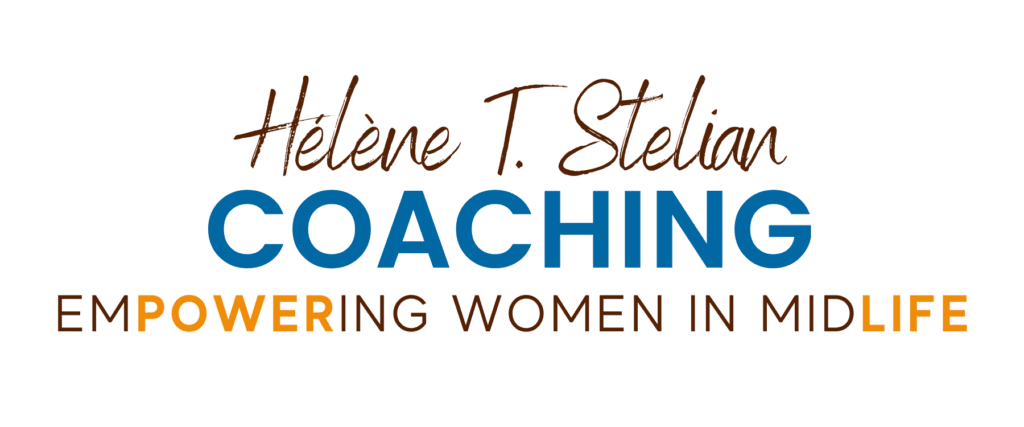
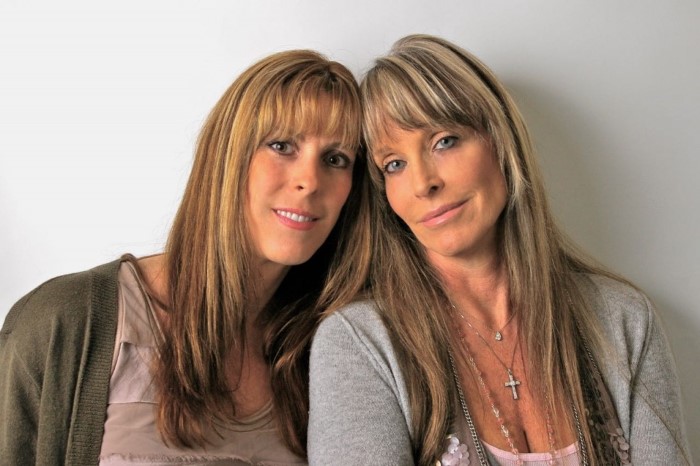
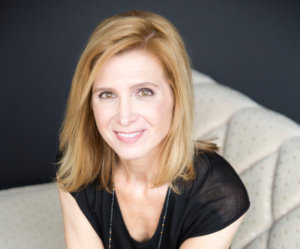
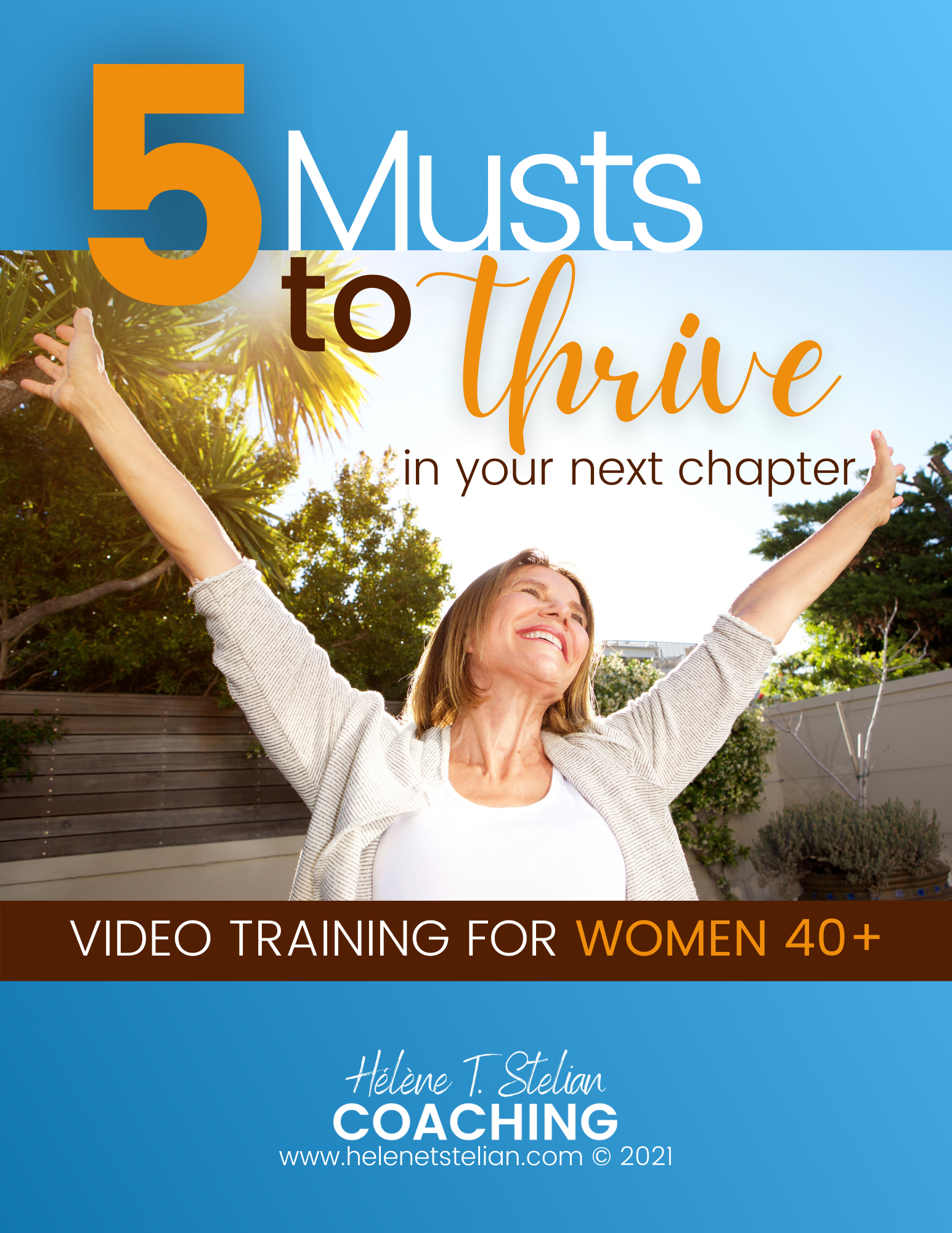



I admire people who have the fortitude to return to school for university degrees long after the “normal” age. I feel ready for an encore career (at age 61). I already did the formal school thing, earning a law degree in my 20’s and working in the high stress world of full time lawyering for 25 years. My challenge now is figuring out what I think success would look like as a travel blogger/zentangle enthusiast.
Thanks for reading Suzanne. I too am so in awe of those who can start over in midlife, and have figured out what they want to do! I just learned about Zentangle recently and love to travel too. I hope you find your next act!!
Tracey’s reinvention is so inspiring. I hope her story reaches the women out there who think “it’s too late for me to return to school”. I loved reading that she felt at home in an intellectual environment once she got over her initial fears and that “school” was not just a path to a career for her, but being there awakened the natural born intellectual that she once was.
Another great interview, Hélène!
Thanks so much Corie. Yes, it can be intimidating to go back to school in midlife but from the women I’ve interviewed, it’s also a great time to do it. Still, so impressive when we take that leap of faith and pursue our passion in midlife, like Tracey, and YOU!!
This was beautifully written and so inspiring. Tracey, you should be so proud of your accomplishments. You have demonstrated that it is possible to achieve goals regardless of the obstacles in the earlier portion of your life. Helene, I have enjoyed reading several of your interviews this evening.
Hi Amy,
Thank you so much for your lovely comments about my story. It was really fun writing it and remembering all the goodness that came my way because I chose to change my path. I am so glad you enjoyed some of Helene’s other stories about women. I too, have read some of the other inspiring stories. Thank you again!
Thanks for reading Amy! I agree, Tracey’s story can inspire so many. It’s never too late!